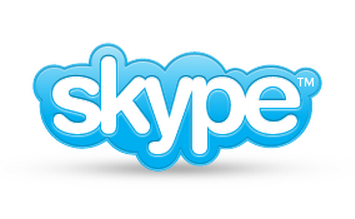France refers Skype to prosecutors after failure to register

France has referred Skype, the Internet calling service, to prosecutors for investigation after failing to register as an telecoms company in according with the country's laws.

First noted by The New York Times, the move stirs debate over what exactly constitutes as a phone company in the digitally connected age, and the rise of Internet calling voice-over-IP offerings. For instance, video-calling features — which Facebook also includes as part of its service — could force others into registering in the country.
French regulator Autorité de Régulation des Communications Électroniques et des Postes (ARCEP), the electronic communications regulatory authority, said in a press release (French) that it had "on several occasions" asked Skype, which is based in neighboring Luxembourg, to "declare itself an electronic communications operator," but it had not done so.
ARCEP says that if Skype can offer voice communications from a smartphone or computer, "this service constitutes furnishing a telephone service to the public."
Skype does not need to obtain an administrative authorization to offer phone services in the country, only a "prior declaration." In failing to do so, prosecutors will determine whether Skype has broken the law and committed criminal offence.
"ARCEP therefore asked repeatedly for Skype to declare it as an operator of electronic communications, which it has not to this day," the regulator said.
In doing so, Microsoft-owned Skype would be subject to certain obligations under French law, such as routing emergency calls. It would also force Skype to allow French authorities to legally wiretap calls should they be needed for a federal or European investigation.
Skype has in recent weeks come under pressure for its links to China, which some privacy groups believe could be used to spy on and censor its users. The Electronic Frontier Foundation (EFF), among others, wanted Microsoft to provide details on the relationship between Microsoft-owned Skype and China-based TOM Online, in order to understand the surveillance and censorship capabilities that users may be subject to.